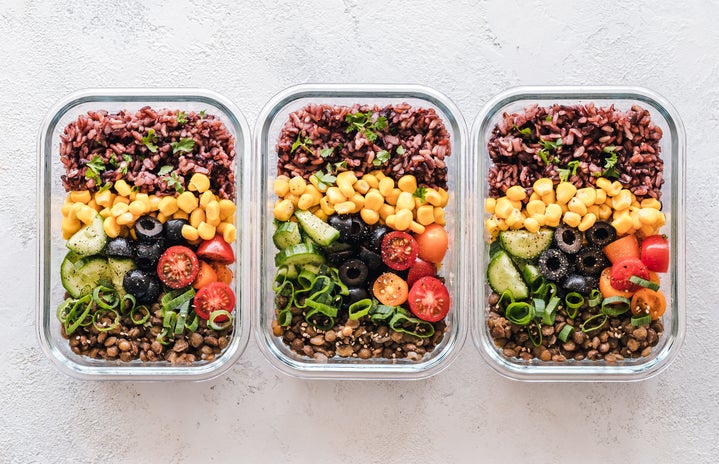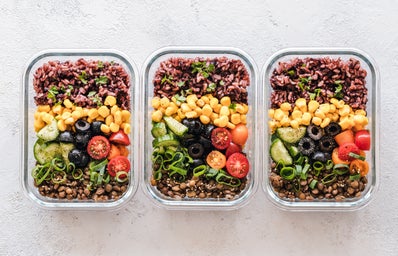Whether listening to your favorite podcast, scrolling through social media, or engaging in conversation, the terms Vegetarian and Vegan have likely made their way into your inner circle.
What is Vegetarianism?
The practice of a meat-free diet. Vegetarians typically refrain from all meat, including seafood and fish. This diet includes vegetables, fruits, eggs, nuts and grains. Though some vegetarians exclude dairy from their diet, many still consume dairy.
What is Veganism?
The practice of a diet that excludes any part of an animal. Vegans typically refrain from meat, fish, eggs and dairy. This diet includes vegetables, fruits, nuts and grains. Some vegans abstain from wearing clothing from animals as well (wool, leather, etc.).
There has been a sudden wave of individuals transitioning to a meatless diet within the last few years, but why?
There are many different reasons why people choose to go vegan. However, one of the biggest reasons people decide to make the switch is for their health. According to the World Health Organization and World Cancer Research Fund, cardiovascular disease, type 2 diabetes, breast, colon and prostate cancer are more likely to be associated with meat eaters than non-meat eaters.
Environmental reasons sway some. One of the most significant contributors to global warming is livestock production. Methane gasses, in particular, make up 10 percent of the total global greenhouse gas emissions. 10 percent may not seem like a lot, but it is in the grand scheme of everything. Though Carbon Dioxide makes up the majority of greenhouse gas emissions at a whopping 80 percent, Methane gasses trap far more heat than Carbon Dioxide, which can potentially create a much bigger problem in the future.
Where do methane gasses come from, you ask?
They come from the stomachs of cows. Cows produce methane from within their stomachs to break down their consumption of grass and other plants. Which is then released when they burp and pass gas. Some would say that the meat industry is helping by decreasing the cow population, but in reality, millions of these animals are being bred by companies yearly. Thus eliminating beef from your diet could have a substantial impact on these companies.
If you’re thinking about switching over to a plant-based diet, I advise that it is crucial to do your research. Though many health benefits come with the lifestyle switch, it’s still important to educate yourself on a diet and what it can do for you.


